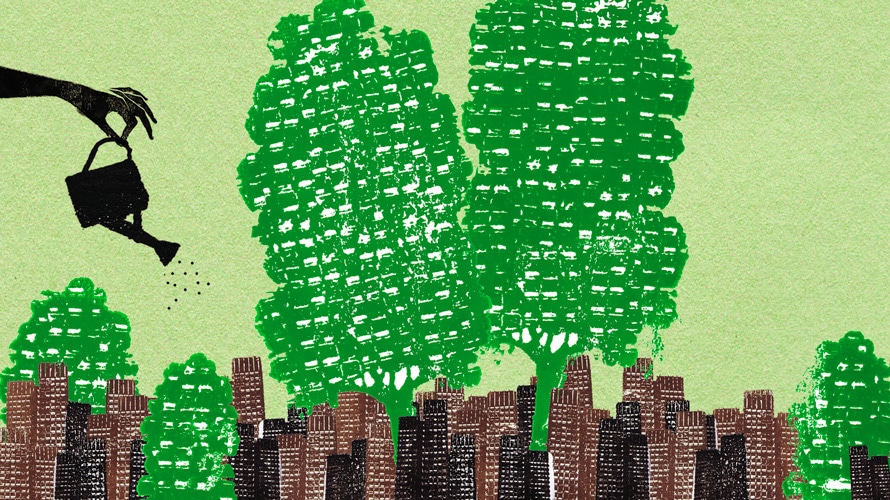
INTRODUCTION:
Our web case focuses on the city of Atlanta’s climate action plan. Metro Atlanta experiences a variety of weather extremes from heat waves to ice storms and multi-year droughts to name a few. These events pose health and safety risks to the region’s citizens and also create challenges for maintaining and building infrastructure. This is caused by the phenomenon of climate change that is further propelled by man and the burning of fossil fuels for transportation, electricity, and heat increasing atmospheric carbon dioxide. The climate action plan works to help reduce the use of energy and waste. This can help to create more local jobs, improve air quality, preserve our local landscape in history, and other aspects that will continue to benefit the city of Atlanta for years to come. Atlanta’s goal is to reduce GHG emissions by 20% by 2020 and 40% by 2030 and have 100% renewable energy by 2035.
As a city, Atlanta must look at the pollution that has affected their communities and make efforts to reduce it in an equitable way that takes into account all types of communities’ ways of living. With that being said, What can the city of Atlanta do to push forward the issues of resiliency and equity when it comes to climate change?
Broader Sustainability Work:
Atlanta’s policy planning goal is to create statewide energy efficiency to help the city/state reduce greenhouse gas emissions and save energy. To do this, Atlanta must identify the issues that have been negatively affecting the environment in the first place. There are four major sources of gas emissions in the city of Atlanta. These are energy consumption in commercial buildings, energy consumption in residential buildings, GHG emissions produced by transportation, and an increase in waste diversion rate to landfills. These sources directly impact certain areas of everyday community living such as transportation and mobility, energy efficiency and renewable energy, air quality, materials management and recycling, and land use; which all have a direct effect on GHG emissions. Other impacted areas include community health and vitality, education, sustainability planning, and growing businesses.

Initiatives in Clean Energy:
Resilience initiatives provide action-oriented resources needed in the Atlanta community due to environmental climate changes, promoting strength, health, and well-being. Their purpose is to align duties and provide a framework for the climate action plan, to implement these programs to improve the climate, and lastly to make the adaptation to these new programs and ways of life to keep progressing. These programs can include but are not limited to:
- Environmental Ride Share programs.
- Clean energy plan.
- Atlanta Grows (fresh gardening and produce)
- Sustainability ambassadors.
- Alternative fuel conversion plan.
- Parks and green space.
(Atlanta, GA. Resilience Initiatives | Atlanta, GA. (n.d.). https://www.atlantaga.gov/government/mayor-s-office/executive-offices/office-of-resilience/sustainability-initiatives.)
Just Clean Energy:
Agyeman (2013) states four key conditions for us to achieve just sustainability which is; improving our quality of life and wellbeing; meeting the needs of both present and future generations(intragenerational and intragenerational equity); justice and equity in terms of recognition, process, procedure and outcome; and living within ecosystem limits. Atlanta is progressing towards meeting these four points and throughout this site, you will be able to recognize their accomplishments as well as failures.

Themes To Focus On:
Energy equity efforts and resilience initiatives in the city of Atlanta will be our main focus. The African American community is shown as the majority in Atlanta, this site will focus on if this is representative in energy initiatives or if they are not getting an equitable share. Resilience planning works towards helping communities to improve their durability by placing priorities on resources that manage risks in the case of prevailing hazards. Within this, an initiative that we will be focusing on is Atlanta’s Better Building Challenge which is geared towards making buildings more cost-effective and energy-efficient. This creates a better place to live and creates jobs that will build a stronger economy. These themes will be illuminated throughout this site to paint a picture of Atlanta’s climate change initiative.